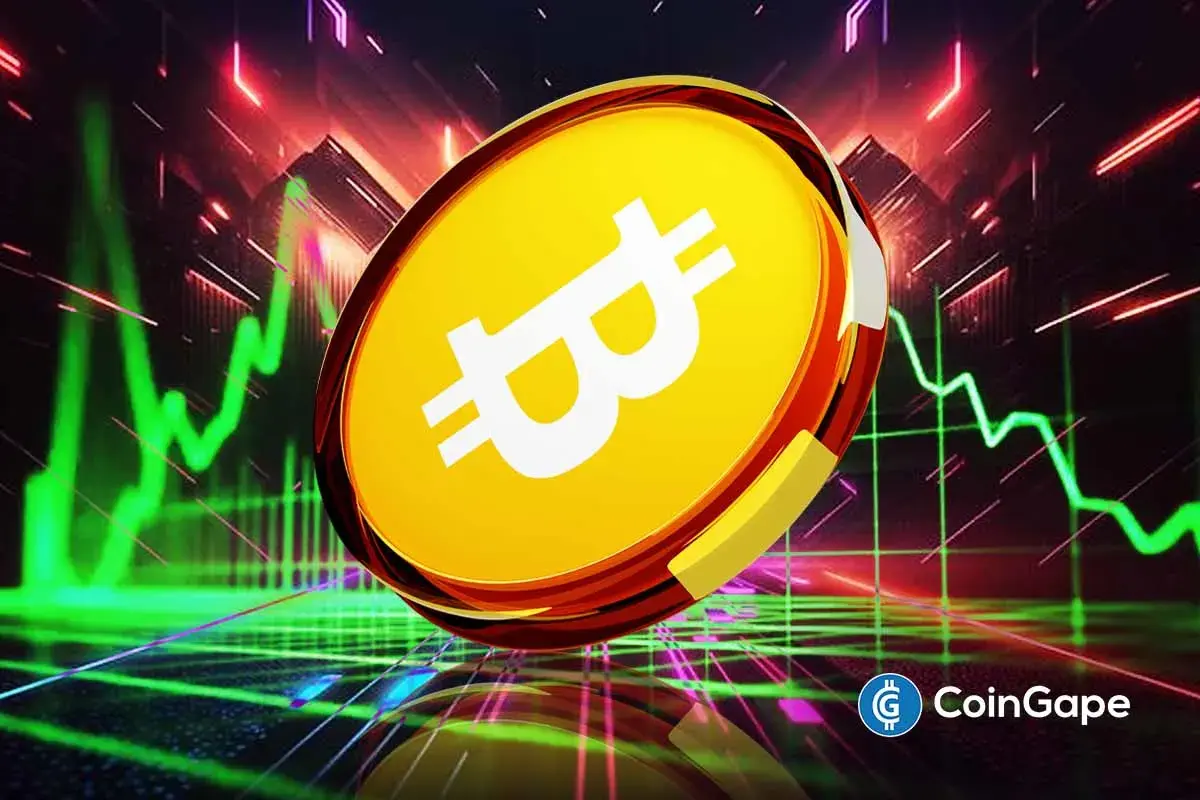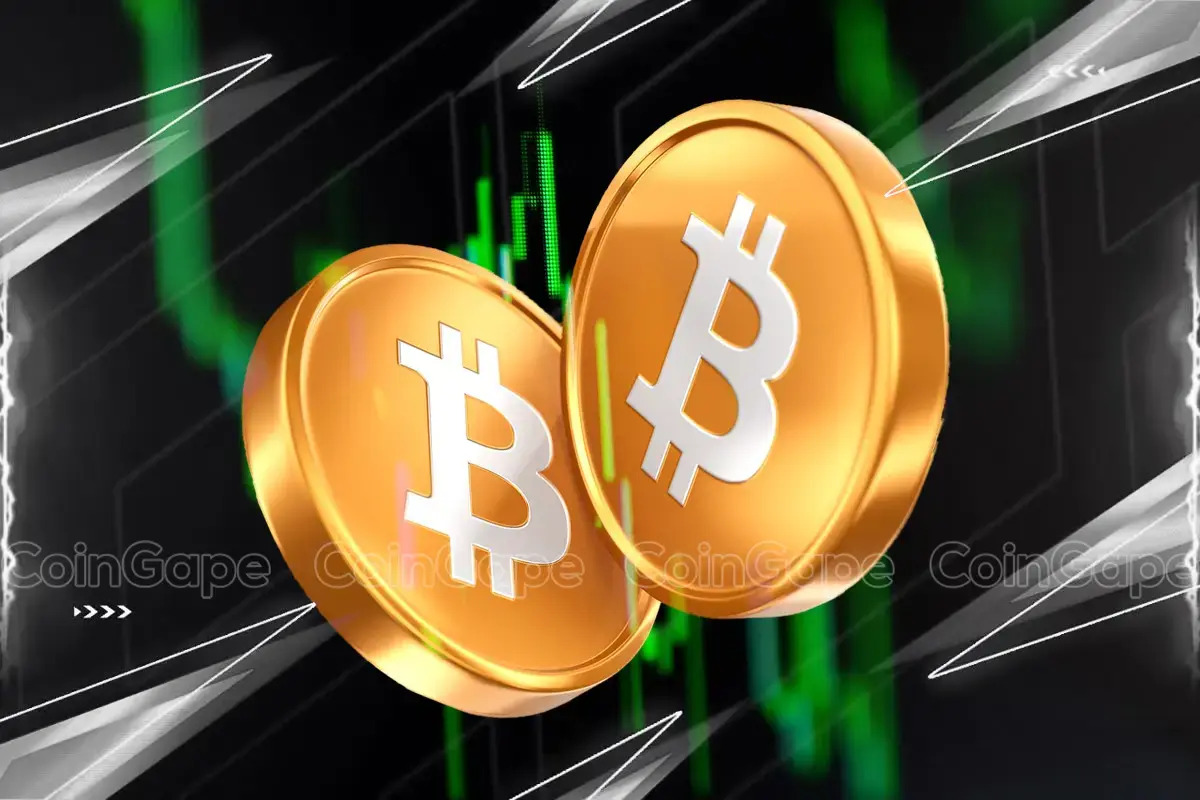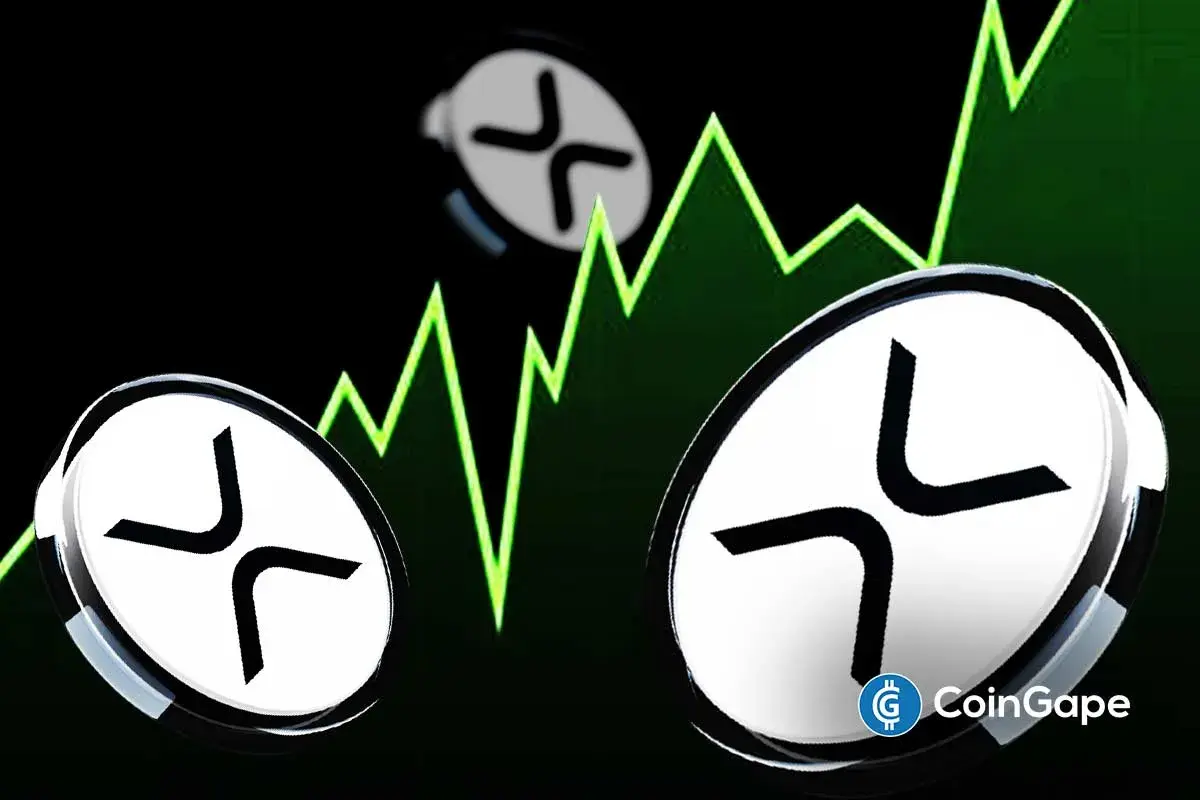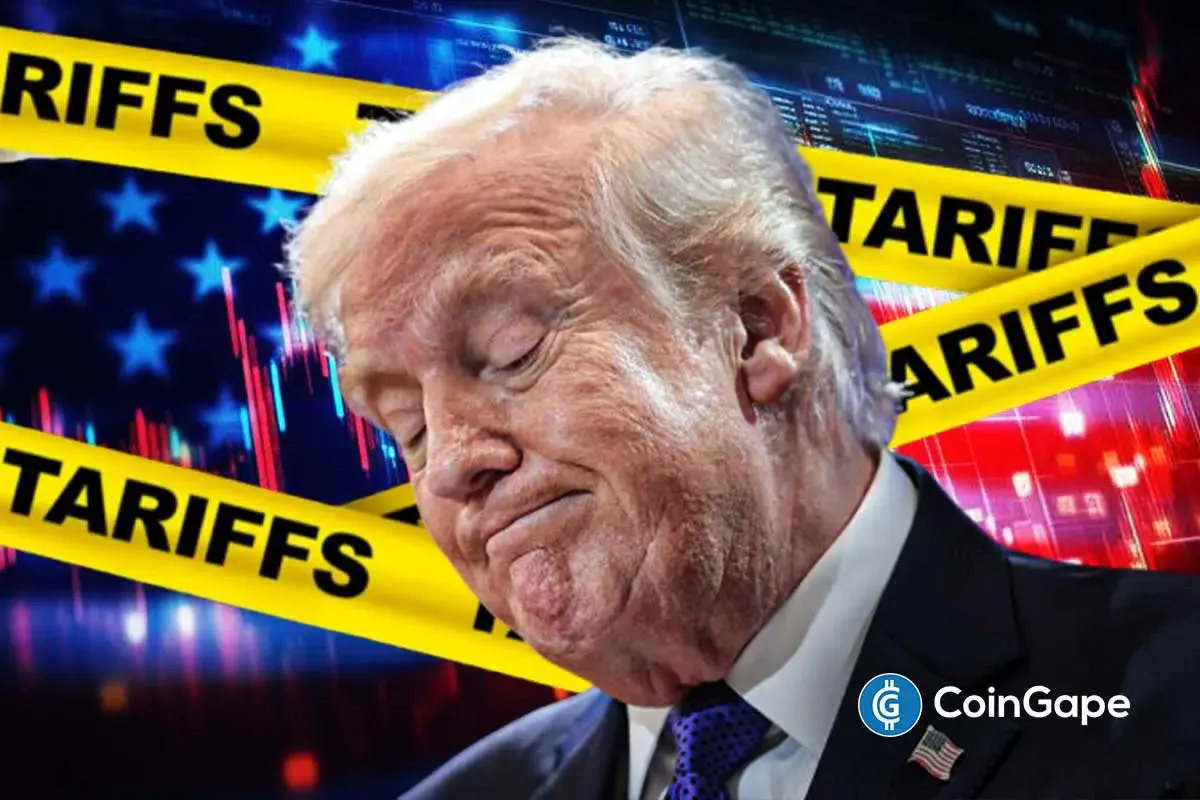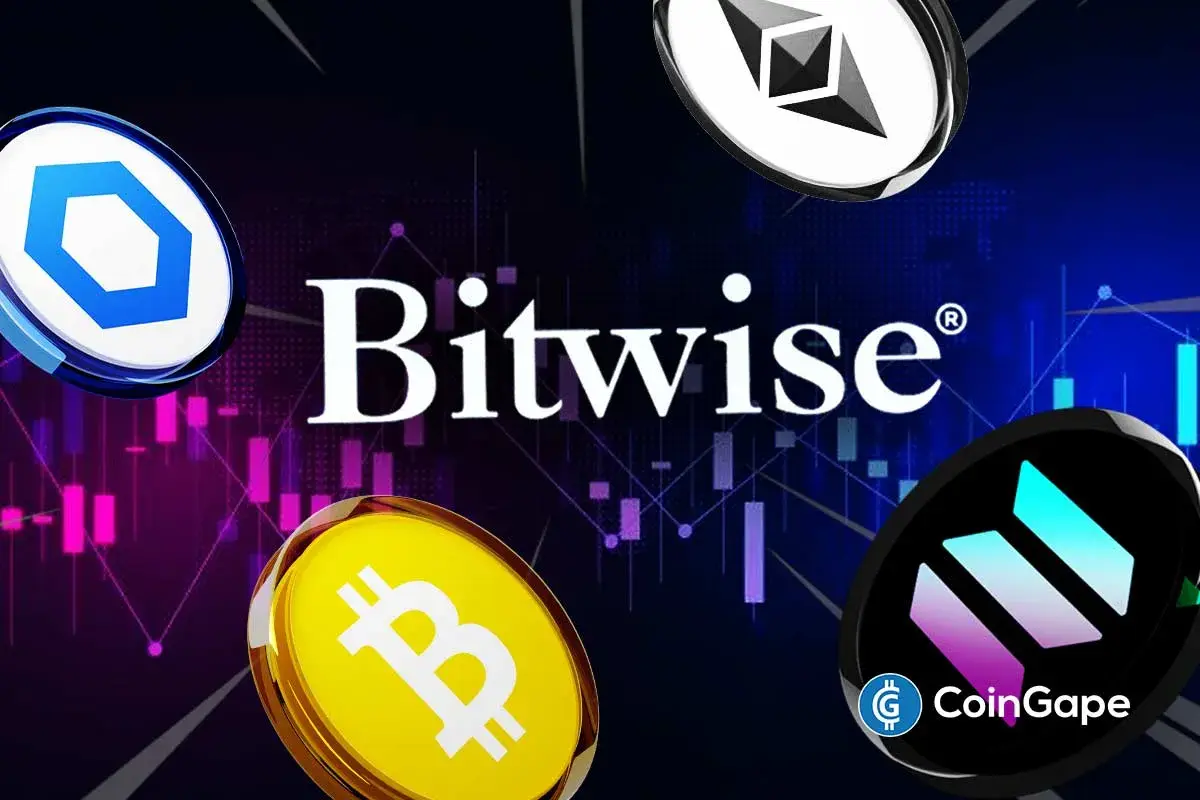Just-In: Stablecoins Present “Bigger” Economic Threat, Says India’s Reserve Bank

An Indian central bank governor said stablecoins presented a bigger threat to economic stability than other cryptocurrencies. He also cited a need for central bank digital currencies (CBDCs) to catch up with a boom in digital payments.
Speaking at a webinar, Reserve Bank of India ( RBI) deputy governor T Rabi Sankar said that stablecoins could spur dollarization at an unprecedented pace, given their 1:1 peg against the greenback. Dollarization is an incident where the dollar greatly dominates a country’s foreign exchange markets, sidelining the local currency and hurting financial stability.
Sankar said that introducing a CBDC would help avoid such a scenario. A CBDC could also greatly reduce the cost of digital payments, while increasing their efficiency.
The case against stablecoins
Sankar’s comments highlight the cautious stance adopted by the RBI against crypto. The bank also appears to be shedding its wait-and-see approach in favor of more aggressive regulation against crypto.
Sankar said that it seemed unlikely that crypto would be used to facilitate small payments, citing volatility as a main deterrent to their use.
But to him, the bigger economic threat would come from stablecoins, which could cause the rupee to be sidelined in favor of the dollar.
From the point of view of dollarisation, stable currency is something that we will have to deal with far more seriously
RBI Deputy Governor T Rabi Sankar
Sankar has repeatedly warned against broad crypto adoption, calling the space a ponzi scheme. He has also criticized crypto’s underlying philosophy of trying to bypass the regulated financial system.
India already has a nationalized digital payments platform, called UPI, which lessens the need for crypto payments.
India cracks down on crypto
Despite widespread crypto adoption in the country, India’s government has taken a hardline stance against crypto. The country recently passed a flat 30% capital gains tax on all crypto investments to dissuade citizens from trading in the space. All crypto transactions in the country are also subject to a 1% tax.
The Indian government is liaising with several foreign bodies, including the World Bank and the IMF, to come up with clearer crypto regulation. But so far, major ministers, including Finance Minister Nirmala Sitharaman, have all spoken against the space.
Still, Indian finance officials are keen on implementing a digital rupee to improve digital payments.
- Expert Says Bitcoin Now in ‘Stage 4’ Bear Market Phase, Warns BTC May Hit 35K to 45K Zone
- Bitcoin Price Today As Bulls Defend $65K–$66K Zone Amid Geopolitics and Tariffs Tensions
- XRP Realized Losses Spike to Highest Level Since 2022, Will Price Rally Again?
- Crypto Market Rises as U.S. and Iran Reach Key Agreement On Nuclear Talks
- Trump Tariffs: U.S. Raises Global Tariff Rate To 15% Following Supreme Court Ruling
- Shiba Inu Price Feb 2026: Will SHIB Rise Soon?
- Pi Network Price Prediction: How High Can Pi Coin Go?
- Dogecoin Price Prediction Feb 2026: Will DOGE Break $0.20 This month?
- XRP Price Prediction As SBI Introduces Tokenized Bonds With Crypto Rewards
- Ethereum Price Rises After SCOTUS Ruling: Here’s Why a Drop to $1,500 is Possible
- Will Pi Network Price See a Surge After the Mainnet Launch Anniversary?







